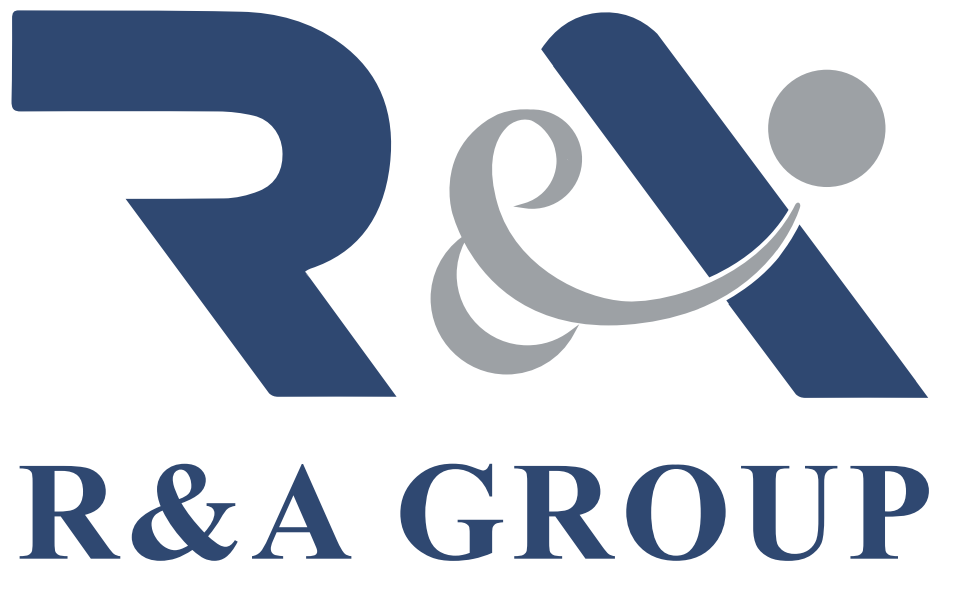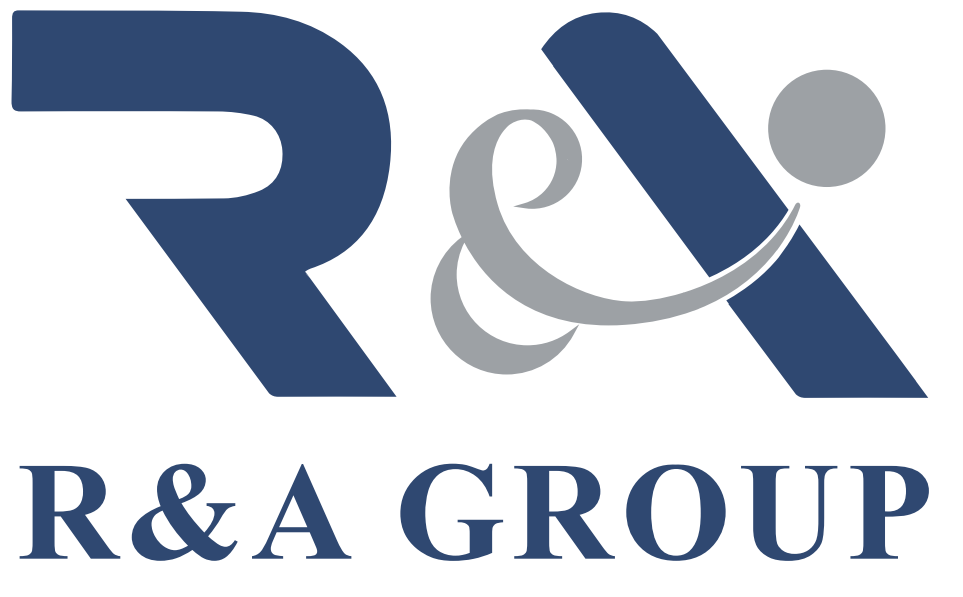UAE Tax & Regulatory Updates — September 2025 Edition!
The United Arab Emirates continues to refine and strengthen its tax and regulatory framework, ensuring a transparent, efficient, and globally aligned business environment.

The latest updates from the Ministry of Finance (MoF) and the Federal Tax Authority (FTA) for September 2025 bring significant developments for Free Zone businesses, VAT-registered entities, and multinational corporations operating in the UAE.
Here’s a detailed overview of what’s new this month.
1. Free Zone Businesses — Expanded Qualifying Activities
The MoF has issued Ministerial Decision No. (229) of 2025, providing an updated list of Qualifying Activities and Excluded Activities for Free Zone Persons (FZPs) under the UAE Corporate Tax regime.
Key Highlights:
- The list of qualifying commodity trading activities has been broadened to include industrial chemicals, environmental commodities, and by-products.
- The decision provides clearer guidance on treasury, financing, and distribution services within designated zones.
- These refinements enhance the UAE’s position as a global trade and logistics hub, while ensuring clarity and transparency around Free Zone tax benefits.
This update reinforces the government’s commitment to maintaining the UAE’s attractiveness as a leading destination for regional and international business operations.
2. E-Invoicing Officially on the Horizon
A major development for VAT-registered businesses is the official framework for the UAE’s Electronic Invoicing System, announced by the Ministry of Finance.
Rollout Plan:
- Pilot Phase: Begins July 1, 2026, for selected taxpayers.
- Mandatory Rollout: From January 1, 2027, applicable to businesses with annual revenue of AED 50 million or more.
- Deadline: Companies must appoint an accredited e-invoicing service provider by July 31, 2026.
This move brings the UAE in line with global best practices in digital tax reporting, aiming to improve efficiency, transparency, and fraud prevention in VAT compliance.
3. New Corporate Tax Exemptions Announced
Under Cabinet Decision No. (55) of 2025, the MoF introduced new clarity and categories for Corporate Tax exemptions, reinforcing fairness and predictability in the system.
Exempt Entities Include:
- Government and government-controlled entities
- Extractive businesses (related to natural resources)
- Non-extractive natural resource businesses that meet MoF criteria
- Public benefit and non-profit entities
- Pension, social security funds, and approved investment funds
⚠️ Important: Exemptions are conditional. Businesses must maintain separate audited accounts, register with the FTA, and comply with all regulatory requirements to retain exempt status.
4. UAE Aligns with OECD’s Global Minimum Tax (DMTT)
In another step toward international tax transparency, the UAE has confirmed that its Domestic Minimum Top-Up Tax (DMTT) meets OECD transitional qualified status.
This means multinational enterprises (MNEs) operating in the UAE must begin revising their corporate structures and reporting systems in line with global standards.
Key Details:
- Applies to: MNE groups with consolidated annual global revenue ≥ EUR 750 million (approx. AED 3 billion).
- Effective Date: January 1, 2025, for financial years beginning on or after this date.
This marks another milestone in aligning the UAE’s corporate tax framework with the OECD’s Pillar Two standards for global minimum taxation.
5. FTA Compliance & Awareness Drive
The Federal Tax Authority continues its ongoing compliance and awareness initiatives, reminding companies to:
- Complete their Corporate Tax registration on time.
- Submit VAT and Excise Tax returns before the deadline.
- Review and utilize any available penalty relief initiatives for late registrations or filings.
💡 The FTA has hinted at limited penalty-relief windows, offering eligible businesses a chance to regularize their tax positions. However, companies are advised to verify the latest updates directly on the official FTA website before proceeding.
Conclusion
The UAE’s latest tax and regulatory updates reflect its proactive approach to fostering a transparent, efficient, and globally compliant business ecosystem. From e-invoicing digitization to Free Zone clarity and OECD alignment, these reforms strengthen confidence among investors, businesses, and professionals operating in the region.
Staying informed and compliant is now more critical than ever. SMEs and large corporations alike should review these updates and consult with qualified tax professionals to ensure readiness for upcoming changes in 2026–2027.
Share this post:
Related Posts

In today’s fast-paced and competitive UAE business environment, small and medium enterprises (SMEs)...

he UAE Ministry of Finance issues Cabinet Decision No. (127) of 2024, expanding the Reverse Charge M...

The United Arab Emirates (UAE) has taken another major step toward digital transformation in taxatio...

